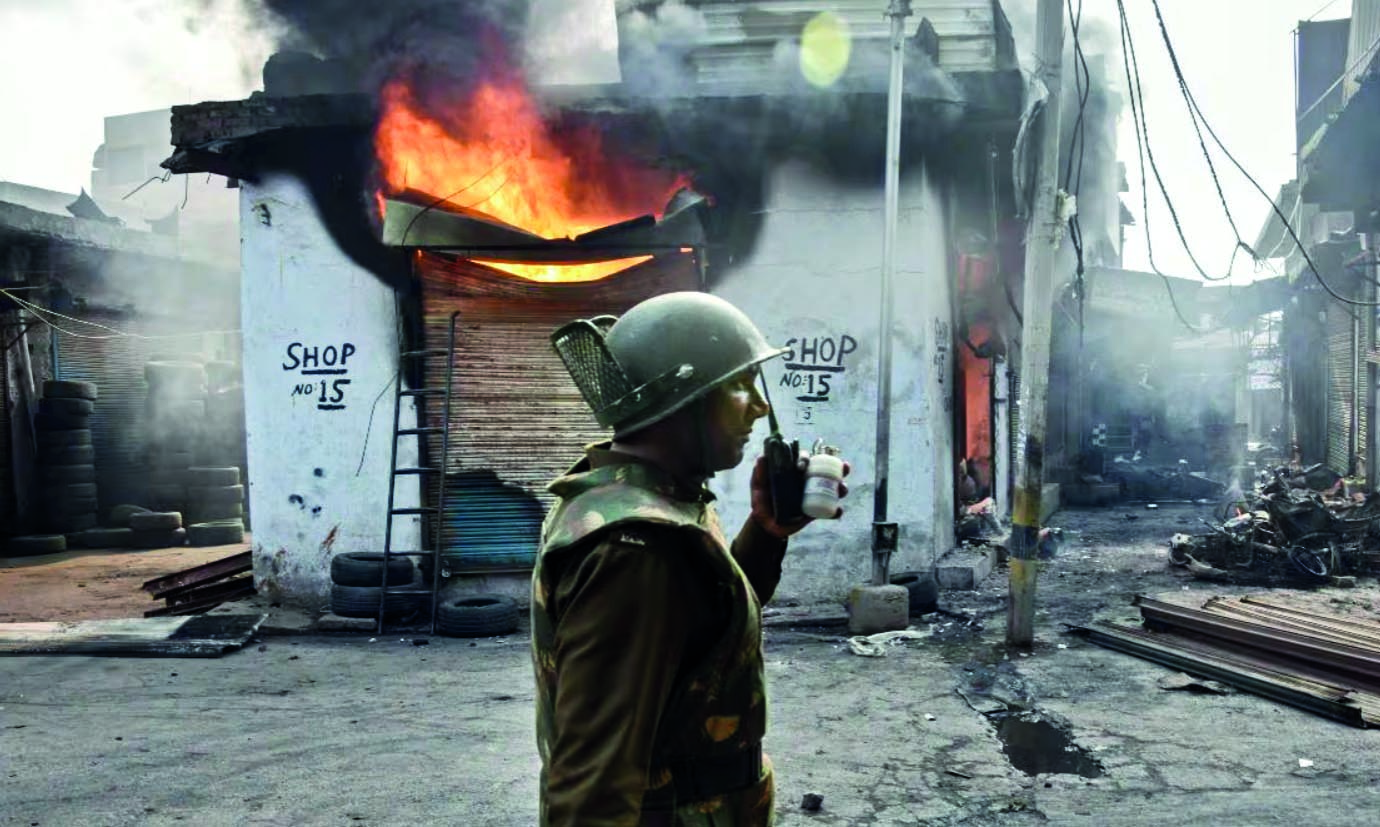Court says no murder charge against six in 2020 riot death

NEW DELHI: A court here has ruled that the charge of murder was not made out against six men, who were accused of killing a fellow rioter during the 2020 communal violence here.
Instead, it has said the accused are liable to be tried for the offences of rioting, theft, house trespassing and criminal intimidation.
Additional Sessions Judge Pulastya Pramachala was hearing a case against Mohammed Firoz, Chand Mohammed, Rais Khan, Mohammed Junaid, Irshad and Akil Ahmed, against whom the Dayalpur police station had registered a case.
In an order dated February 13, the court said, “The case presented by the prosecution reflects that allegedly, deceased Shahid died of a gunshot injury when he was present along with companion rioters on the roof of Saptarishi Building (Saptarishi Ispat and Alloy Private Limited in Chand Bagh).”
It noted that according to the prosecution, the fellow rioters had fired gunshots, one of which hit Shahid.
The court, however, said according to the chargesheet, none of the accused was found firing gunshots and they were held liable for the offence of murder under Indian Penal Code (IPC) section 149 (unlawful assembly). This section made them vicariously liable for the death of Shahid.
According to the Supreme Court, each member of an unlawful assembly would be held vicariously liable for a crime committed by any member of such assembly, if it was proved that the offence was committed in pursuance of a common object.
“Thus, there are two main angles involved. The first question is, in such a case, would section 149 of the IPC be applicable? The second question is, was it a case of having received gunshot injury from a short range?” the court said.
Taking note of the facts of the case, it said two rival mobs were pelting stones and firing against each other.
“Thus, the act of alleged stone-pelting or gun-firing was intended against the rival mob only. In that situation, it cannot be a case that Shahid was shot with gunfire in pursuance of the common object of an alleged unlawful assembly,” the judge said.
He added that if the common intention of the mob was taken into consideration, then even the deceased would be held vicariously responsible for his death.
The court ruled that the accused were not liable for murder but were part of a riotous mob involved in trespassing, theft, and intimidation. The case was sent to a magisterial court for further proceedings.



